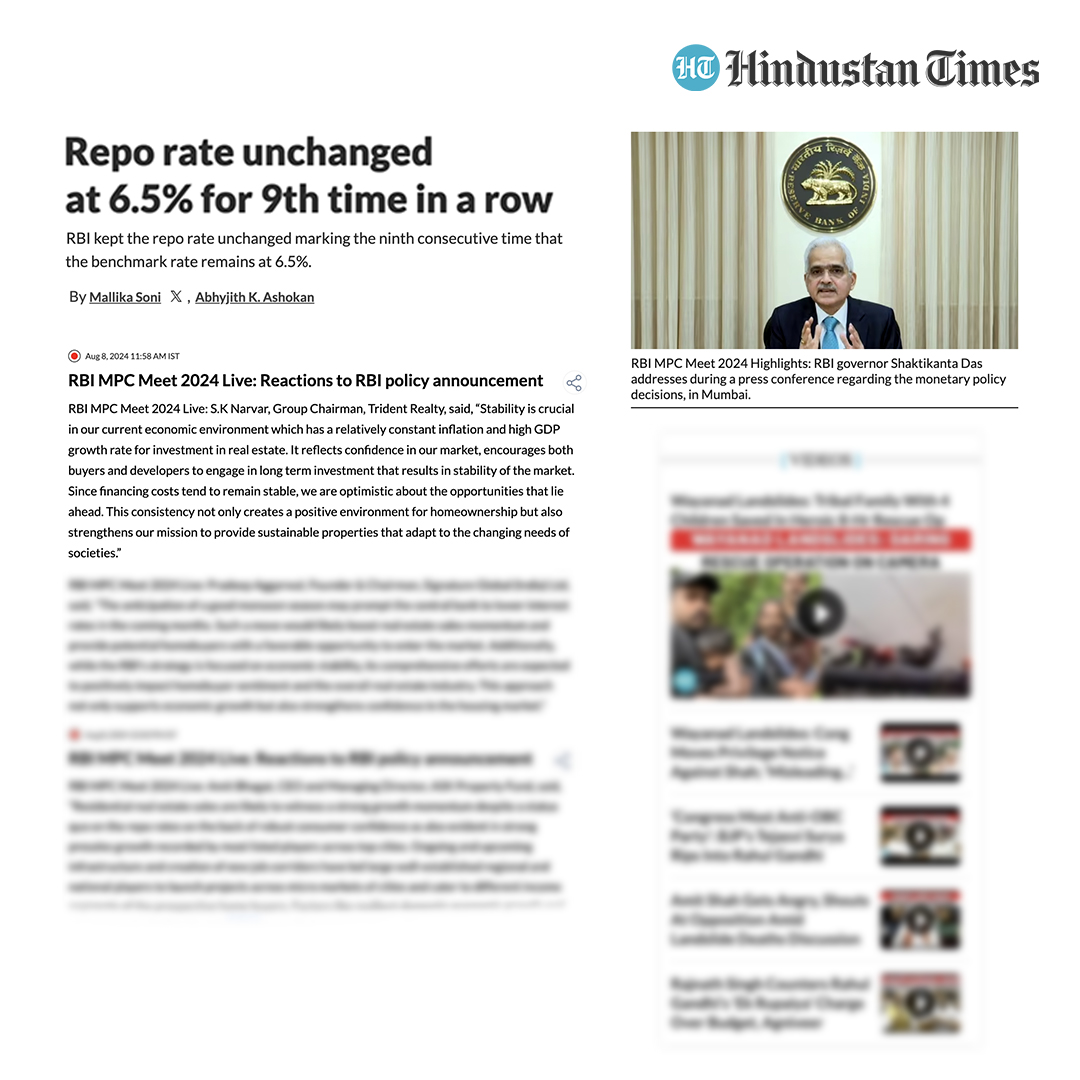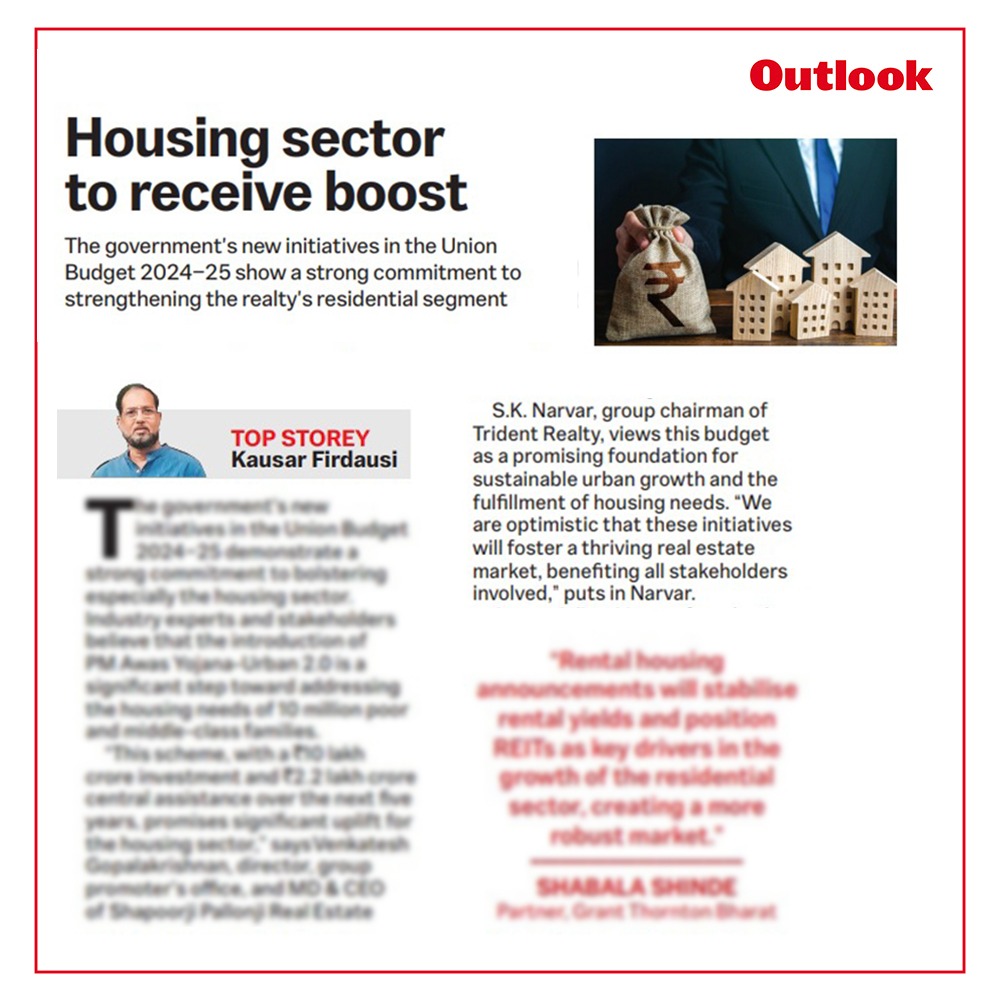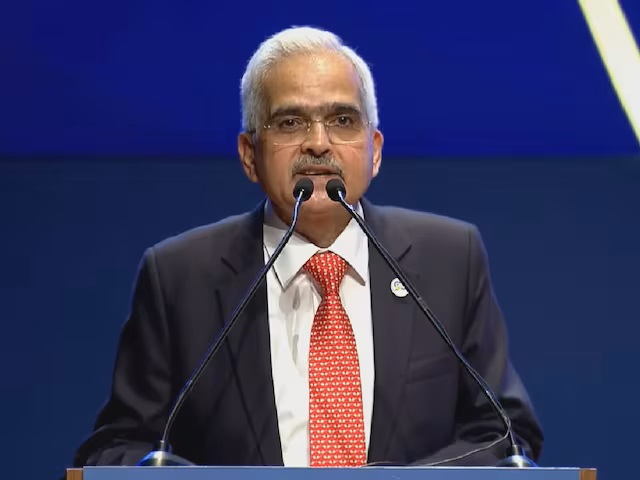Sharing his assessment of the Union Budget 2021, SK Narvar says that it will empower Indians to lead the world with confidence, courage, and conviction.
At the beginning of Union Budget 2021 speech, Finance Minister Smt. Nirmala Sitharaman remarked that “the preparation of this Budget was undertaken in circumstances like never before.” Exceptional circumstances demanded an unprecedented approach to fixing the economy and rebooting it for growth.
And that is what the Budget 2021 delivered. “Overall, I would term the Budget to be pro-growth and positive. I congratulate the Prime Minister Narendra Modi and his entire team for this exceptional accomplishment,” says SK Narvar, Chairman, Capital India Finance Corp.
Edited excerpts from our interactions follow:
Q – What is your take on Budget 2021?
S K Narvar: I view the Budget as the foundation of India as a global superpower. It has been painstakingly designed keeping in mind a new world order. Although prepared in an environment of contraction, the Budget does not shy away from increasing the capital outlay and providing a fiscal push to lift the morale of an economy reeling under the shock of the coronavirus pandemic. Rather than survival, the Budget focuses on revival and growth.
Here in, it is vital to acknowledge the role of the string of mini-budgets under the Aatmanirbhar Bharat package announced during the pandemic. These were the foundation of the Budget 2021, which in itself is a tutorial in economic policy and regulatory reforms. Together, these reforms will help reboot India’s growth and reset the country’s journey towards the USD 5 trillion club. In my assessment, the Budget 2021 will equip India and its citizens to lead the world with confidence, courage, and conviction.
Q – As the end of the pandemic becomes a reality, the community of entrepreneurs is in the spotlight again. They are the precursors of growth for the new economy. How, in your opinion, does the Budget serve them?
S K Narvar: In my opinion, Budget 2021 supports the ecosystem of start-ups by encouraging innovation and fostering intent. The reforms proposed by the Finance Minister Smt. Nirmala Sitharaman will democratise entrepreneurship and wealth creation by creating a level playing field for every Indian. For instance, agri infra funds and ready-to-use textile parks will support ideas, innovation and scale across industries. The Budget has also given much-needed impetus to infrastructure development, reducing trade and transaction costs for businesses and improving factor productivity. Moreover, the focus on roads and railways will create a unified market in India for the seamless movement of goods and human resources. Further, steps such as one-person companies and tax holiday for start-ups will add to entrepreneurial fervour.
These reforms promote and strengthen new-age entrepreneurs who are brimming with new ideas and encourage them to innovate new ways of doing business. Overall, the Budget is pro-growth and positive for entrepreneurs. I congratulate the Hon’ble Prime Minister Shri Narendra Modi and his entire team for this exceptional accomplishment.
Q – The government has prioritised the non-bank financial company (NBFC) sector in the Budget. Your comments?
S K Narvar: Traditionally, the NBFC sector has played an essential role in the lives of unbanked Indians, thanks to their easy accessibility and strong relationships rooted in trust. Even though large MNC banks continue to spend millions of customer acquisition, not many of them can replicate the confidence and convenience of home-grown NBFC organisations. By proposing modifications in NBFC governance, the government acknowledges its potential contributions towards the goal of financial inclusion.
Q – What is your comment on bank recapitalisation?
S K Narvar: Recapitalisation is a big step towards a cleaner, transparent and healthy banking system. The move will have a positive effect on the entire financial services industry, including the NBFC sector. Further, measures such as the introduction of tax-efficient zero-coupon bonds for infra debt funds, setting up a professionally managed ‘Development Finance Institution’ with a strong lending portfolio and statutory backing will strengthen the sector.
The move to develop a world-class fintech hub – GIFT City – will add to last-mile lenders’ potential. The performance and reputation of the BFSI sector will improve with the decision to set up the Asset Reconstruction and Management Company for stressed assets to take over bad loans. A more robust NCLT framework will ensure the resolution of bad loans effectively and efficiently.







































































































